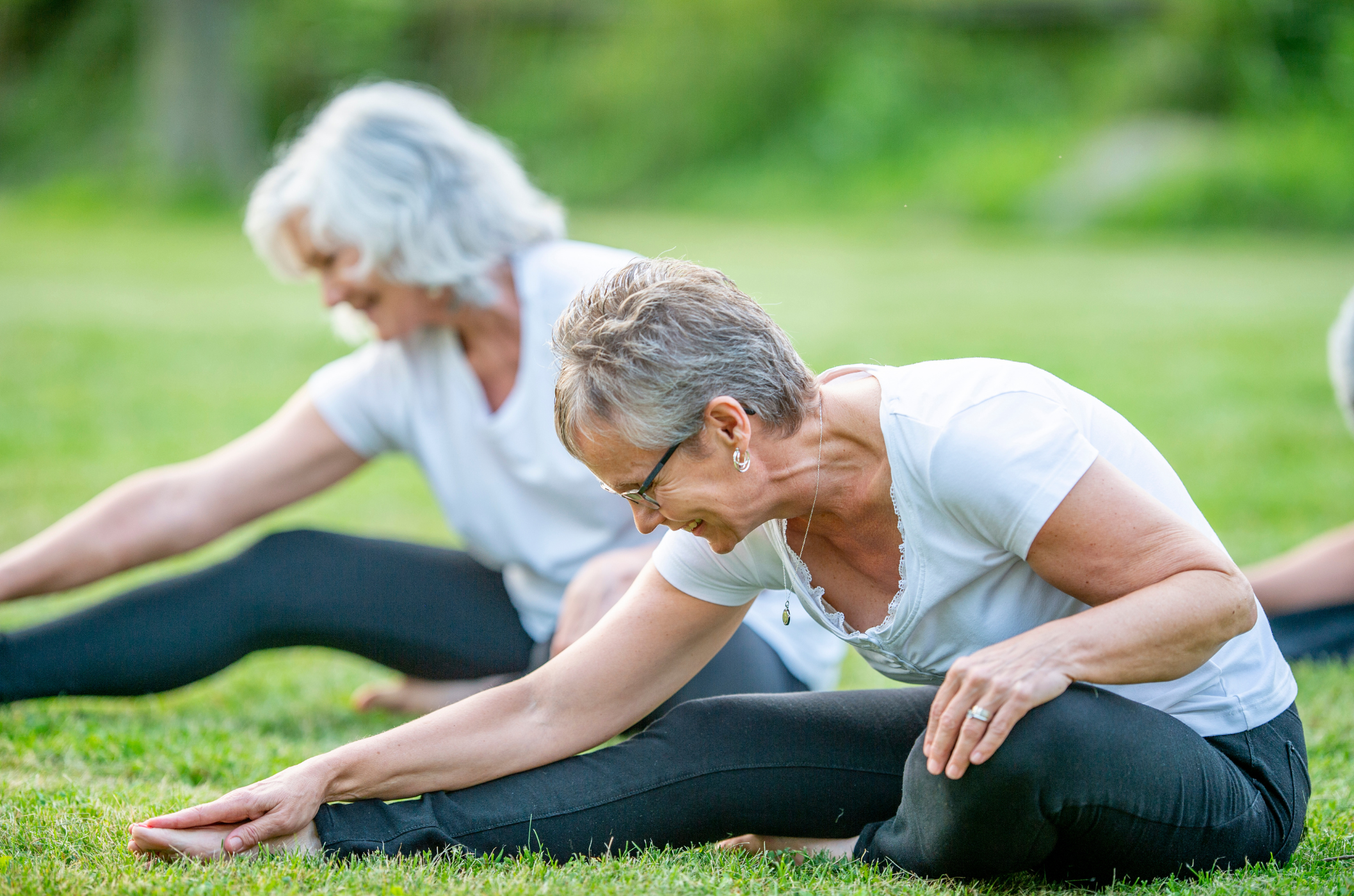Maintaining balance is crucial for our well-being, especially as we age. Many of us face challenges that can affect our balance and increase the risk of falls. This article will explore five essential tips to help us manage balance problems as we age, promoting a safer and more independent lifestyle.
Regular Physical Activity
Regular exercise, particularly during the initial years of the elderly life, is essential for maintaining balance and preventing falls. Exercises that focus on strength, flexibility, and stability are particularly beneficial. Simple activities like walking, tai chi, and yoga can improve muscle strength and coordination, contributing to better balance.
A tailored exercise routine, designed with consideration for our health status and capabilities, can make a significant difference in preventing falls and enhancing our overall well-being. The Unified Caring Association has shared links to some recommended exercises for improving balance in old age.
Home Modifications
Making adjustments to our living environment can play a crucial role in reducing the risk of falls. Let’s evaluate our homes for hazards such as loose rugs, cluttered walkways, or inadequate lighting. Installing handrails in key areas, especially bathrooms and staircases, provides additional support. Consider using non-slip mats and arranging furniture to create clear pathways. These modifications create a safer living space, minimizing the risk of accidents and supporting us in maintaining our balance.
Regular Vision Check-ups
Vision impairment is a common contributor to balance problems as we age. Regular eye check-ups are essential to detect and address any issues promptly. Correcting vision problems using glasses or contact lenses can significantly improve spatial awareness and reduce the likelihood of falls. Adequate lighting in our homes is also crucial for those with vision concerns, enhancing visibility and lowering the risk of balance problems.
Medication Review
Many medications can have side effects that impact balance and coordination. It is essential for our healthcare providers to review and adjust medications regularly to minimize these effects. Let’s promptly report any dizziness, lightheadedness, or other balance-related symptoms to our healthcare professionals. Common medications that may cause balance problems include antidepressants, anticonvulsants, antiallergics, sleep aids, heart medications, and blood pressure-lowering drugs.
Stay Hydrated and Nourished
Dehydration and malnutrition can also contribute to weakness and fatigue, affecting our balance in old age. Thus, we should maintain a well-balanced diet rich in nutrients and ensure sufficient fluid intake to support overall health. Adequate nutrition helps maintain muscle strength and contributes to bone health, reducing the risk of fractures in the event of a fall.
Is there any medication that can improve balance?
Anti-vertigo medications like beta-histidine, cyclizing, and promethazine can improve balance problems; however, we should consult with our healthcare professional before using them.
Take home
Maintaining balance is crucial as we age, and this article unveils five vital tips for managing balance problems. Regular physical activity and the Unified Caring Association‘s recommended exercises can strengthen muscles and improve bone health. Moreover, home modifications, regular vision check-ups, medication reviews, and staying hydrated and nourished further contribute to a safer and more independent lifestyle. Lastly, we should always consult with a healthcare professional for balance issues before considering medication therapy.

